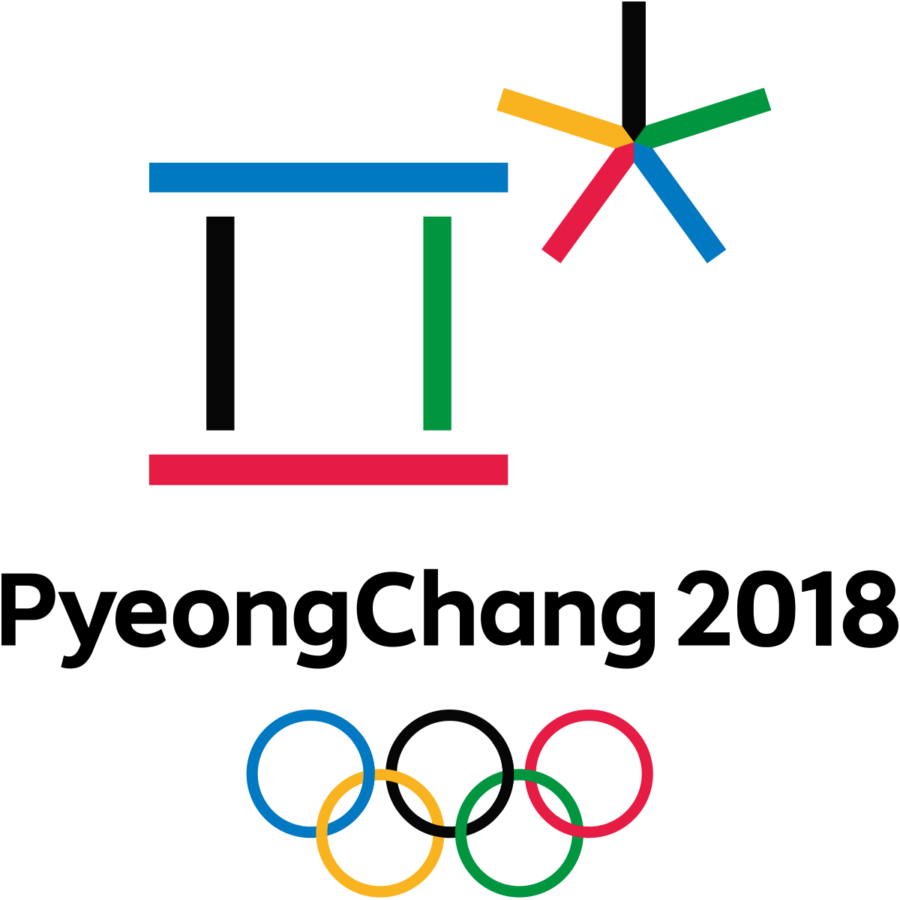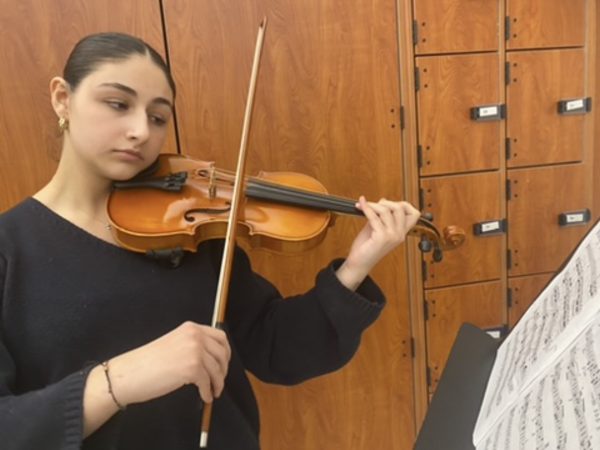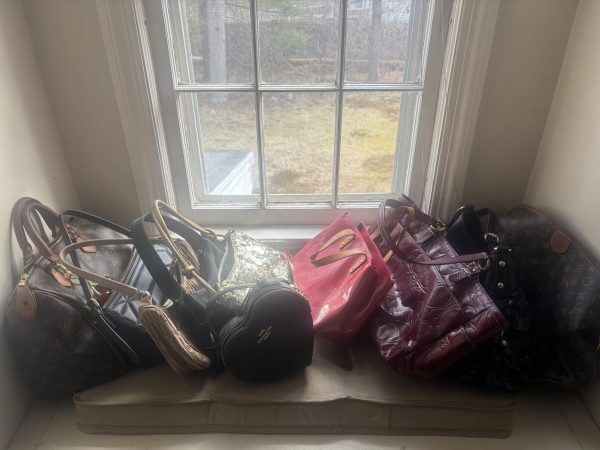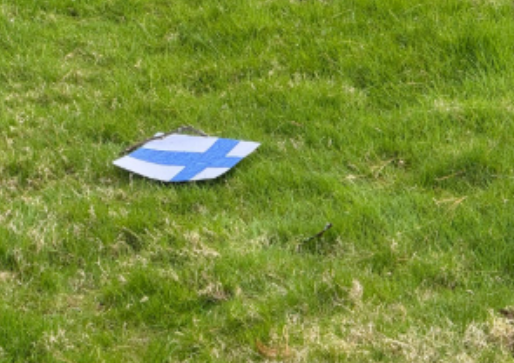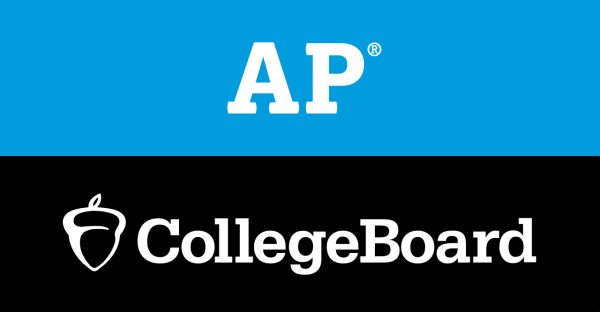2018 Winter Olympics in PyeongChang: What to Expect
The 2018 Winter Olympics are fast approaching, and there are several big story lines to follow as the Opening Ceremony nears. The Olympics are set to start on February 9th, 2018, in PyeongChang, South Korea.
The main buzz is surrounding the Russian doping scandal, as well as the National Hockey League’s decision to not build the Olympics into the 2017-2018 schedule.
The United States did not fail to make headlines, though, after White House Press Secretary Sarah Sanders sent mixed signals about the United States’ participation in the Olympic games. Sanders quickly retracted on the matter, tweeting that the United States would be sending athletes to compete.
Another story out of the US camp is teenager Maame Biney, who qualified as the first African-American speedskater in Olympic history.
American skier, Lindsey Vonn, was in question after injuring her back in a race last week, but she returned in full force this weekend, winning her first event of the year in a World Cup Super-G race. She looks to be locked in on the olympics, saying in an interview with USA Today, “The biggest thing is just getting the confidence going for February, that’s my biggest goal.”
Another American Skier, Mikaela Shiffrin, who already has wins and podiums in the technical events in this year’s World Cup races, is favored to win the technical skiing events such as Slalom and Giant Slalom.
Now for one of the bigger stories coming into the Olympics: the participation of the National Hockey League (NHL) in the games. In an official statement prior to the start of the NHL season, Commissioner Gary Bettman made it clear that the NHL would not be sending players to the 2018 Winter Olympics in PyeongChang.
This came as a shock, as the NHL has participated in every Olympic games since 1998, with an average of 141 NHL players competing in each Olympics. This comes after the International Olympic Committee (IOC) said that they would not be compensating player costs for the NHL, which they have done every Winter Olympics in which the NHL has participated.
In an official statement, the National Hockey League Players Association (NHLPA) said, “The players are extraordinarily disappointed and adamantly disagree with the NHL’s shortsighted decision not to continue our participation in the Olympics.”
Now however, the NHLPA considers the matter officially closed, and do not intend to fight it.
As far as what this means for the Men’s Hockey favorites, it remains to be seen. The United States’ team will likely be fielded by NCAA players as well as lower tier professional players in the East Coast Hockey League or American Hockey League players who have minor league contracts.
Who knows what this could mean as far as who will win, as the well known “Miracle on Ice” team was mostly fielded of collegiate ice hockey players. Nonetheless, the games should bring fast paced action right to the fans.
Another recent development is the IOC’s decision to ban Russia from the upcoming Olympics after a “shocking and unprecedented attack on the integrity of the games” (IOC president). Through many months of investigations, it was found that from 2011 to 2015, Russia had been running state-sponsored doping programs for its athletes.
These findings included cases of blood doping, as well as the use of banned substances to enhance athletic performance.
They were able to switch out positive doping tests with clean ones through manipulation by Russian government officials and by members of Russia’s intelligence agency.
Routinely, like many countries, Russia administered doping tests to its athletes, and the results were to be reported to the IOC even before the Olympic games in 2014. Although, it was found that Russian officials had falsely reported about 500 of those tests as clean from 2011 to 2015.
One of the early instances involved Long Distance runner, Liliya Shobukhova. She paid hundreds of thousands of dollars to cover up her positive doping scandal before the 2012 Olympics in London. Also, Aleksander Tretiakov, a Skeleton gold medalist from the 2014 Winter Olympics, had his medal revoked after findings that showed his positive result was switched out of the lab. And, Alexander Legkov, who was a gold medalist in Cross Country skiing in the 2014 Olympics, had his medal repealed as well, and is now banned from this year’s Olympics in Pyeongchang.
At the upcoming Olympics, Russia was favored to win many events: Women’s Single Skating, Men’s Skiathlon, Men’s Cross Country Skiing Sprint Freestyle, Men’s Biathlon and more. They were also favored for silver medals in Men’s 4 by 10k Relay, Men’s 50k Mass Start Classic, Women’s Team Sprint Freestyle, Luge Men’s Single, and the Men’s 1,500 meter Speed Skating.
As of last week, 99 Russians have been disqualified from all past and upcoming Olympics. With that, 49 medals have been revoked, 11 of them taken from the 2014 games in Sochi. This would move Russia from having the highest medal count during the Sochi Olympics, down to the fourth most just behind the United States.
As far as how these developments will affect medal counts, that remains to be seen. A Gracenote virtual medal count has Germany and Norway at the top, with the United States following closely in third.
Of course, this prediction doesn’t take into account the IOC’s decision to ban Russia from participation, meaning that the medals are now up for grabs in the events Russia was favored to take medals in.
All this being said, the 2018 Winter Olympics In PyeongChang shouldn’t fail to disappoint, and a lot of exciting events are sure to unfold!
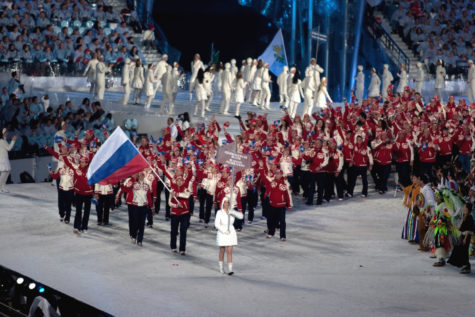
The Russian Olympic Team during the Opening Ceremony in the 2010 Winter Games in Vancouver
Source: Wikipedia

